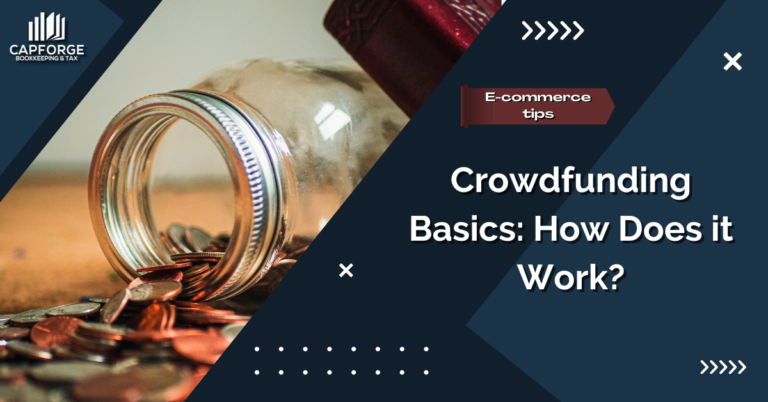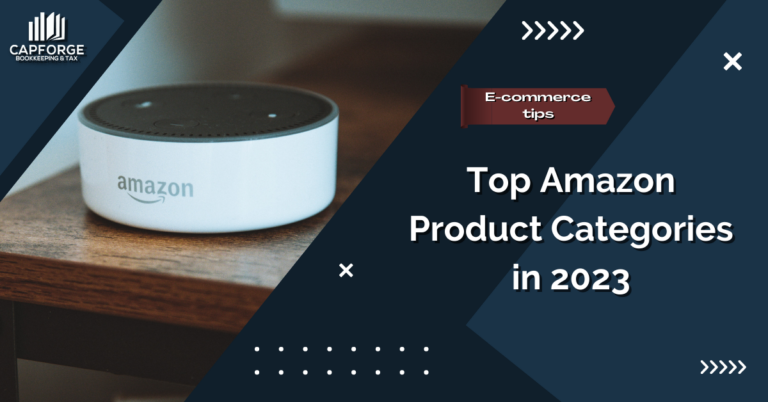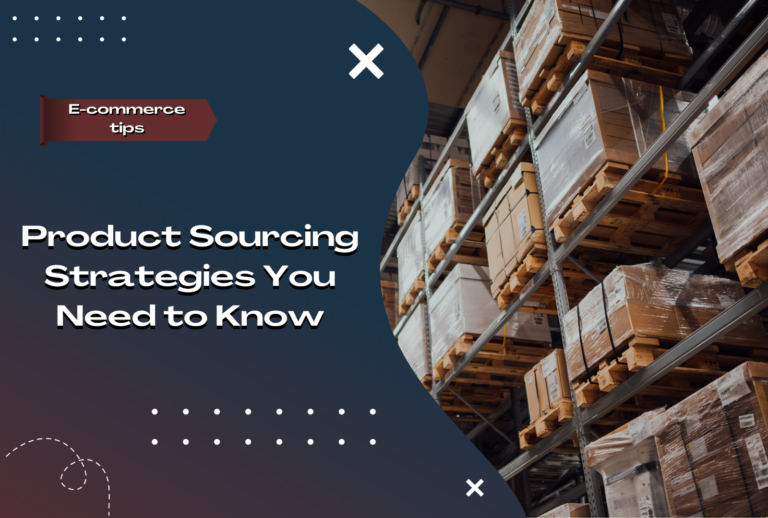SERPS: How to Rank Higher in Search Engines
Have you ever wondered how Google fetches the results after you type in a search term? It all has to do with search engine results pages (SERPs). Businesses compete for the top five results because two-thirds of users click on the websites they see first. Securing a favorable spot on the SERPs means more exposure, traffic, and revenue for your brand.
But how do SERPs rankings work? What are the factors that determine your position on Google’s results pages? Let’s discuss SERPs in greater detail to put your brand in the best place to succeed.
What are SERPs?
Users who input a query on a search engine like Google or Bing get fetched a page with the results list. Say a user searches for the term “white shoes.” The search engine starts crawling pages from the internet and displays the most relevant results suited to the user’s search term.
SERPS play an integral role in search engine optimization as they’re responsible for driving website traffic and generating leads. The higher your rankings, the more visible your website becomes on the internet, as people tend to click on the first result they see.
What are the factors that affect SERPs rankings?
Contrary to what most people think, keywords aren’t the only factor that affects your position in the SERPs. There are many variables to consider, like content quality, information reliability, and more.
To achieve a favorable ranking in search engine results pages, you have to consider the following:
1. Page speed
Search engines emphasize page speed strongly, as they want users to have a positive experience when visiting websites. Not only does your website need to load fast, but it should also perform well on mobile devices where the vast majority of users do their search queries.
2. Domain authority
Another factor to consider is domain authority (DA). Domain authority refers to your site’s credibility in the eyes of search engines based on forty different ranking factors. The higher your score, the more favorable you’ll rank in SERPs. Moz developed domain authority to help brands optimize their websites for search engine visibility.
3. Content optimization
Along with page speed and domain, authority is content optimization. Here, you incorporate relevant keywords into your content to help Google or Bing determine the information inside a webpage.
Gone are the days when keyword stuffing boosted a website’s ranking in search engines. To reach the top of the SERPs, you’ll need to develop a keyword strategy that incorporates relevant keywords into your content. Focus on providing high-quality information that users find useful on your website, and search engines consider your content above others.
4. Links
Links play a crucial role in SERPs rankings, as they boost the credibility of your website. When it comes to search engine optimization, there are three links you need to know:
- Inbound links – Links from another website that points to a page on your site.
- Outbound links – Links that point to a credible source from your website.
- Internal links – Links that point to another page on your website.
Getting inbound links is ideal for SEO because it signals to search engines that your content is reliable and accurate. Outbound links strengthen the credibility of your site as it indicates well-researched content.
Lastly, internal links highlight the most important pages of your website that users will find useful when reading your content. Obtaining these three links will help boost your rankings in SERPs and increase your website’s traffic.
5. Technical SEO
Technical SEO optimizes a website’s technical aspects to maintain good search engine visibility. While technical SEO requires a bit of programming experience, you can optimize your website for SERPs without coding. Here are a couple of strategies you can implement:
- Use header tags to format your content. Header tags like H1, H2, and H3 arrange your content and improve its readability from a user perspective.
- Include keywords in your page titles to rank higher in SERPs.
- Add keywords and call-to-actions (CTAs) in your meta descriptions to encourage readers to read your content.
- Add alt tags in your images to provide context as to what purpose the images serve.
- Create an XML sitemap and submit it to Google. An XML sitemap is a file that highlights the most important pages of your website and makes it easier for search engines to crawl URLs.
6. Local SEO
Local SEO is great for businesses that want to generate more foot traffic to their store. Thus, setting up your Google Business Profile (GBP) is essential to rank high in local searches. The best part about a GBP profile is that it’s free to use. You only need to fill up relevant information so that users can find the important details of your store.
When setting up your GBP profile, you should fill up the following details:
- Business hours
- Category
- NAP (name, address, phone number)
- Location
The more detailed your information, the easier it’ll be for Google to determine if your business matches users’ search queries
7. User experience
Search engines are all about helping the user find the information they need. Often, they rely on machine learning tools like RankBrain to determine how a user interacts with your website. Things like click-through rate, dwell time and bounce rate matter in SEO because they indicate the quality of your content and its UI experience.
For example, if your website has a high bounce rate, it means that users don’t find your content useful or that the user interface is unintuitive. In contrast, a website with good dwell time means users stay on it longer, as they indicate your content matches their search intent.
Improving these key areas will help land you a favorable ranking in SERPs and ensure users have a positive experience when interacting with your website
8. Website Security
While it’s a lightweight factor for ranking high in SERPs, website security still matters as it builds trust signals for users and improves connection times across your networks. The easiest way to secure your website is by obtaining an SSL certificate to create an encrypted link between a browser and a web server.
Another reason to boost your website security is to combat SEO spam. SEO spam refers to cyberattacks that fill up your website with malicious links and irrelevant content, thus impacting your rankings in SERPs.
Wrapping up
Search engine optimization has much to do with your rankings in the SERPs. When you rank high on the results pages, you benefit from increased traffic and website visibility, thus opening up opportunities for additional revenue.
Hopefully, this article gives you the information you need to rank higher on SERPs and maximize your positioning on search queries.
Managing the financial health of your business is crucial to success. If you need any help with expert bookkeeping services, our team is here to assist you. Feel free to fill out the form below; our team will contact you shortly.









